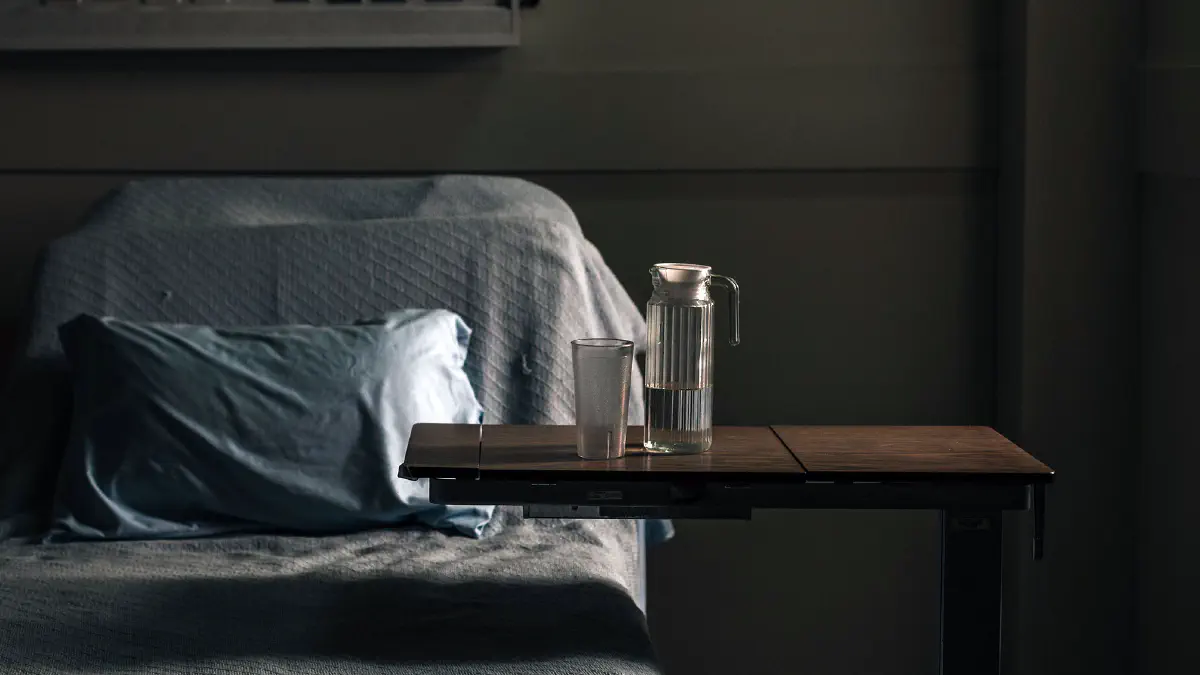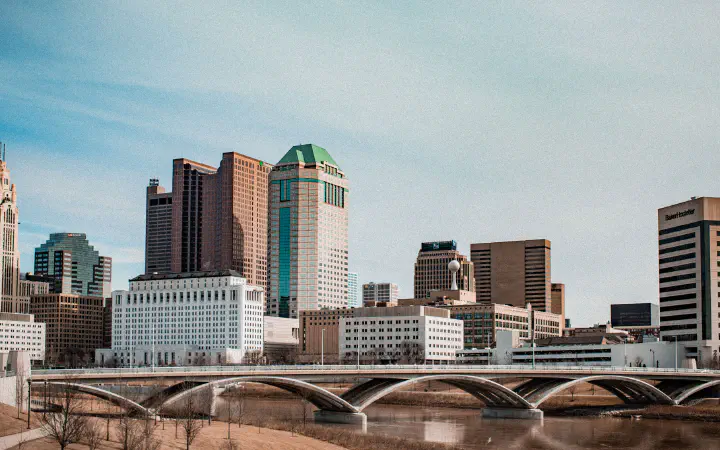
Nervous energy coursed through my body. The anesthetics weren’t kicking in as fast I expected them to. To break my body’s tension as the nurses steered my hospital bed under the bright lights, and to let them know I was still awake, I commented about the music booming through the operating room.
“The doctor likes to listen to the radio while he performs surgery,” one nurse replied.
The next thing I remember is waking up in recovery.
Surgery was a year ago today, and the cancer is gone.
Cancer, as destructive as it is, has, in many ways, been a good teacher. Here are a few of the life and leadership lessons I’m learning along the way.
1. We choose the view
I kept my diagnosis quiet for as long as I could responsibly be silent about the issue. As news spread, conversations revolved almost completely around the C word. I either answered a litany of questions about what type, how long the treatment is, etc. etc. Or, I listened to everyone’s story about someone they knew who had cancer.
I’ve written about perspective before, and I’m a firm believer that we get to choose our perspectives. The challenge about perspective is it suggests we can see or envision the outcomes of the path we’re on. Cancer taught me that as much as you can wish for a positive perspective, the facts aren’t always clear. In fact, sometimes there are no facts! In these moments, perspective, the lens through which we choose to see the world, is an act of faith.
When we’re faced with situations where the future is fogged over, choosing a optimistic perspective can feel a bit delusional. Yet, when we choose a positive perspective we carve out a bigger slice of joy and happiness while we wait for the fog to clear. If the fog clears and the perspective isn’t in our favor, at least we didn’t prematurely sacrifice our own happiness while we waited.
I’m learning to choose a positive view when I can’t see.
2. Showing up means more than words
I didn’t expect many visitors while I was in recovery. In fact, I didn’t expect to see anyone other than family. It wasn’t until my dear friend Nathan Smith showed up with his youngest son that I realized how meaningful it is to show up for someone when they’re down without a choice. He could have sent a text or even a card, but instead, he drove to the hospital just to be in the same space.
Showing up for someone can mean the difference between hope and discouragement, between comfort and aloneness. Never underestimate the power of sharing space with another human being.
I’m learning to show up.
3. Alignment and selling out
I’m convinced we all want to pursue meaningful work with people we trust and respect. I’m also convinced many of us find ourselves in work situations that don’t inspire us, or even worse, cause us to compromise our values.
I’m embarrassed to tell you it took a medical crisis to force me to reevaluate my own integrity. I found myself asking questions like: Is this the work that I want to be remembered for? Is this my price for doing this type of work? Is this my price for working with this type of person? Is this my price for aligning myself with these sets of values?
As I asked these questions, I didn’t like the answer. Something had to change.
When we pause to ask ourselves these tough questions they expose our internal alignment. Where there is misalignment, or when we don’t like the answer, or when we begin to justify our conscience away, we’re selling out. Life is too short to align yourself with work and individuals that push the boundaries of your integrity.
I’m learning to align my work and my association with my internal compass.
4. There is no pause button
I was traveling for work when I got the first message that my blood work didn’t look right. I was leading a client through a large design-driven innovation project and didn’t have time to process the voicemail. A couple of weeks later I was with the same client and received the news the biopsy was cancerous. During that same time I was putting together and hosting a conference for nonprofits.
Life doesn’t pause and wait to see if you’ll hit a curveball.
When we’re faced with what seems like insurmountable obstacles we can either resign ourselves to defeat, or we can keep moving forward one step at a time. Keep moving! There is no pause!
I’m learning to keep putting one foot in front of the other.
5. Crucibles refine and expose us
I grew up with the perspective that crisis and hard luck are opportunities to choose who we’ll become on the other side of tough situations. I took this perspective for granted. It wasn’t until I was surrounded with other people’s stories of cancer, and watching how people react to bad news, that it began to sink in. Tough moments forge us into our future selves, and we get to choose what that future looks like.
Tough seasons also have a way of exposing our character in more detail than less turbulent seasons. The pressure squeezes out the character deep within us, sometimes exposing bits of ourselves we didn’t know existed. If we don’t like what we see, we can forge a new future.
I’m learning to forge a better version of myself.
6. The enemy within
I remember driving home from work a few days after I had been diagnosed and realizing something was growing inside my body that wanted to kill me. It was an eery realization. I remember feeling violated. An uninvited guest was reeking havoc on my body. How long had it been there? Unsettling! Had my doctor not ordered a routine blood panel, this disease may have taken up permanent residence!
The lesson glaring at me through this experience is that a routine audit can catch things growing without our consent.
I’m learning to audit.
Wrapping up
I’m learning cancer is one of those things that sticks with you, even if you have a clean bill of health for now. In many ways, cancer has brought out my will to not only survive, but to live aligned with my internal compass, and furthermore, be intentional about the future I’m creating.
We’re all choosing who we’re becoming, and it doesn’t require a crisis to be intentional about our future.
Photo by Matthew Henry

